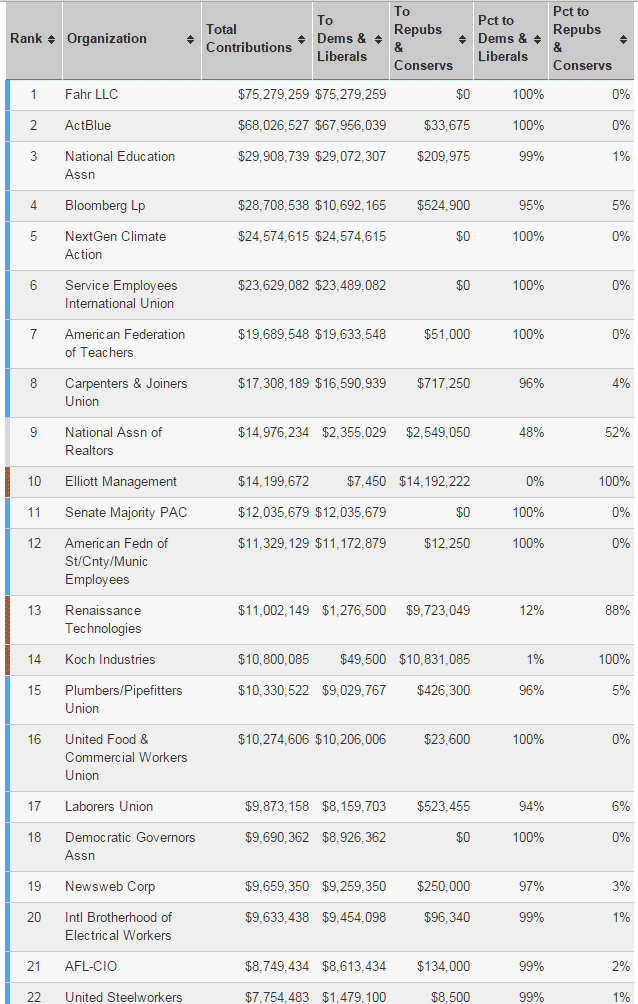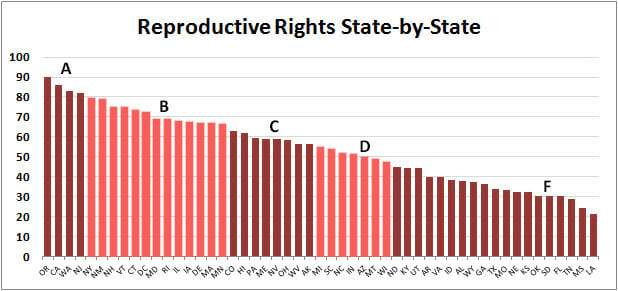For years I have been frustrated with the costs of trying to take my cell phone on international travel. Yes, one can buy cheap sim cards locally, but you obviously lose access to your domestic phone number for the duration (leaving aside dual-sim phones and some tricky and expensive forwarding tricks). If you wanted to keep your phone number so people can still reach you on the number they already know, you were in for some crazy roaming charges -- particularly on data. I use Verizon (mainly because my business takes me to out of the way places where Verizon is the last available carrier) but until recently their international rates were awful, charging one 50 cents per text and $25 per 100mb of data in addition to a $25 a month international plan fee.
I use a lot of data when overseas and outside my hotel room, so I really wanted a cheaper data plan (Google maps is a lifesaver when one is walking streets with signs all written in Thai). My go-to solution in the past was to have a T-Mobile account I turned on and off on an unlocked phone (an old Nexus 5). T-mobile has plans that allow unlimited text and data without roaming charges in most countries, and it is still a good international solution, though I met with a few technical irritants in some of the countries I have visited.
A while back, I accidentally killed my old Nexus 5 and bought a new Nexus 5x with the intention of swapping in my T-mobile sim card from the old phone. However, I saw an article that said the Nexus 5x was one of the couple of phones that would work with the new Google Fi service, so I signed up to try that. $20 a month unlimited domestic calls and text and unlimited international texts. Pretty cheap international calling rates and the phone defaults to calling by wifi if possible to save any charges. Data at $10 per 1GB anywhere in the world, with any unused data credited at the end of the month (so the $10 is pro rated if you use less, essentially).
I used the phone in Thailand, Singapore, and Hong Kong, and not just in large cities -- we got out in the smaller cities well away from the tourist areas of Thailand. Service was flawless everywhere with one exception (discussed in a minute). Wifi calling worked fine and I had a good signal everywhere, even in smaller towns. Charges were exactly as promised. It was a very impressive service. It uses the T-mobile network in most places, so I am a little reluctant to make it my full-time service because when I tested T-mobile several years ago, it just didn't reach far enough to the out-of-the way domestic locations I visit, but I plan to try again. I would really love to be on this service rather than Verizon and believe it would save me a lot of money.
I only had two problems with it. The minor problem was that I had some issues with wifi calling disconnects in one hotel, though this could easily have been due to the notoriously low-bandwidth of many hotel wifi systems**. Switching off wifi and making a regular cell call worked fine. Google says that the service automatically chooses between wifi and cellular based on bandwidth and conditions, but it may be this algorithm needs more work.
The more irritating problem was that the phone would simply not get a cellular data connection in Hong Kong. I contacted Google service (this was a great process that involved sending them a message and them calling me back immediately, a better process in my mind when travelling internationally). After some fiddling around, the service agent checked came back to me to say, "known problem in Hong Kong with internet access. You will need to buy a local sim card. We know this is a hassle, so we just credited your bill $20 to offset the cost." It would have been better to not have this hassle -- I was switching sim cards every night to see if I had any texts at my domestic number -- but I thought they dealt with it as well as possible, and they were a hell of a lot more helpful than T-mobile was when I had an international roaming issue with them.
Under the T-mobile and Google Fi pressure (which really means due to T-mobile, since Google Fi is largely possible because of T-mobile), I am starting to see cracks in the pricing of Verizon. They seem to have a new plan that allows one to keep their domestic data, text, and voice pricing and allowances while roaming internationally for a $10 a day charge. This is still more expensive than T-Mobile and Google Fi but literally an order of magnitude, and maybe two, cheaper than what they were offering for international travel a year ago.
**Footnote: I have way more sympathy for hotels and their wifi systems. We installed a wifi system in a 100 site campground in Alabama. That system has become a data black hole -- no matter how much bandwidth I invest in, people use more. Every night it seems like there are 300 people on 100 campsites all trying to stream a movie in HD. I am not sure it will ever enough, and we get no end of speed complaints despite having an absurd T1 bandwidth into the system. I can't see myself ever investing in such a system again.
Postscript: It is a good habit to point out data that is inconsistent with one's hypotheses. I am incredibly skeptical of US anti-trust law, particularly since it seems to have morphed into protecting politically-connected competitors (e.g. cases against Microsoft and Google) vs. protecting consumer choice. I will say though that the killing of the acquisition of T-mobile by AT&T seems to be a godsend for consumers in the cell phone business, as T-mobile has become a hugely disruptive force generally benefiting consumers.





